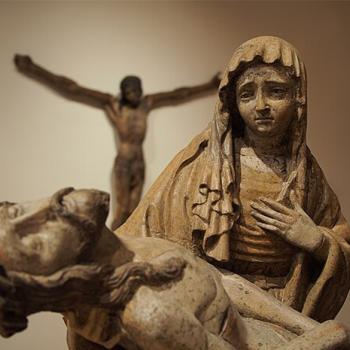Peter Sloterdijk opens his Art of Philosophy (9-10) with a summary of the “epistemic suspended animation” that philosophy has traditionally demanded from its practitioners: “My aim is to show why the idea that the thinking person has to be a kind of dead person on holiday is inseparable from the ancient European culture of rationality, particularly classical, Platonic-inspired philosophy.” This, he claims, is written into the fabric of Socratic idealism, according to which “only the dead enjoy the privilege of looking... Read more




















